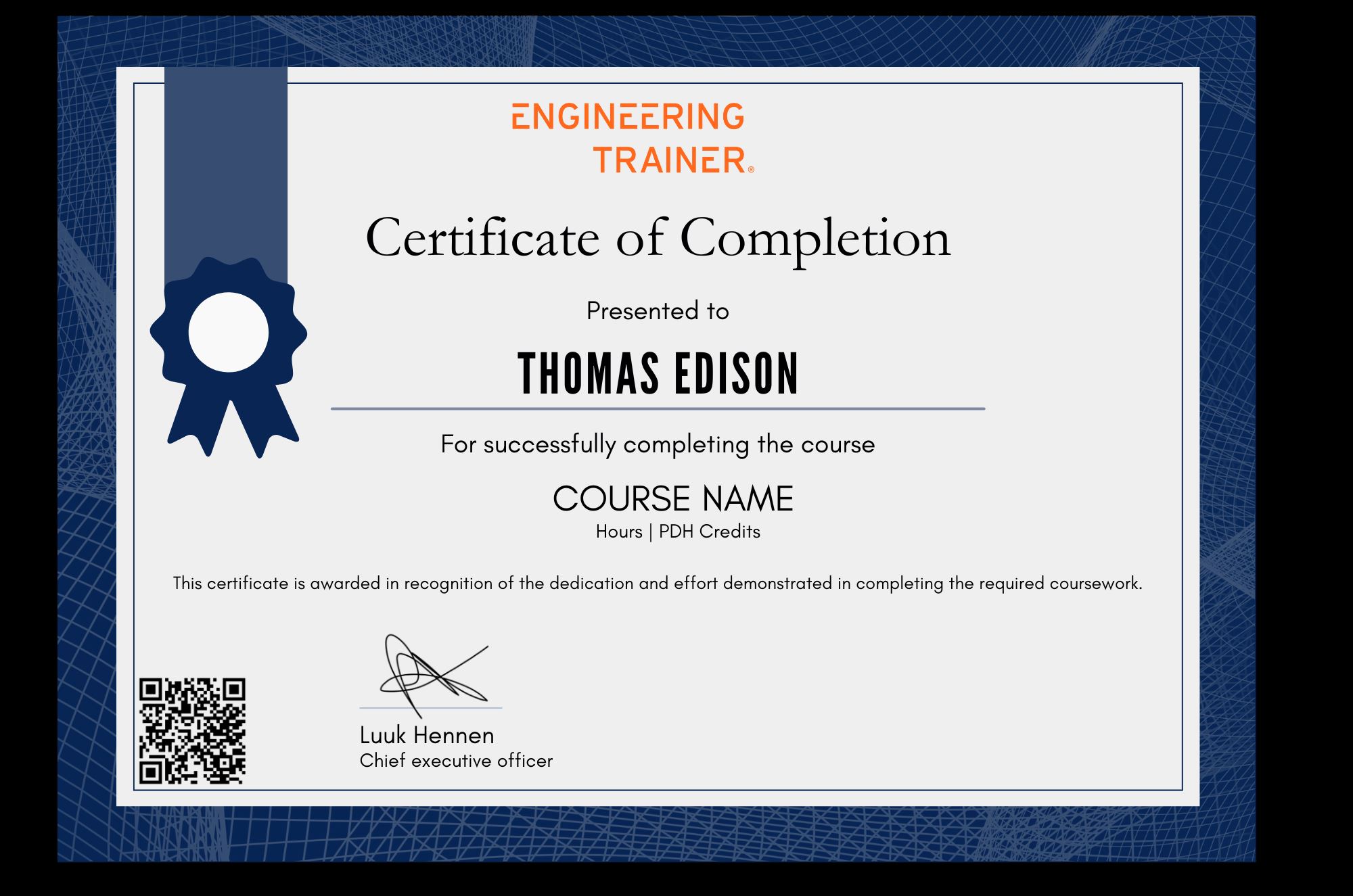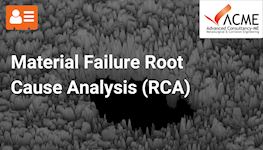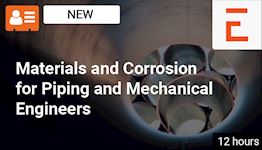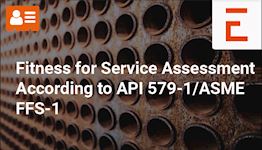Welding Metallurgy and Weldability
Why take this course?
This self-paced course covers the science of welding metallurgy and weldability, exploring metallurgical principles, welding techniques, and factors affecting weld quality. Participants gain knowledge of microstructural changes, welding processes, and the heat-affected zone. The course includes video lectures, quizzes, and offers a certificate with PDH credits upon completion.
What you'll learn
After this course, you...
• understand the different welding processes, types of joints, and the used terminology,
• understand the processes of Arc welding, resistance welding and solid• state welding. Including the typical applications, and advantages and disadvantages of each,
• have seen which factors influence weldability and the weldability of different materials,
• are familiar with the welding metallurgy of carbon steels, stainless steels and aluminum alloys,
• are familiar with common welding defects, their causes, prevention, and distortion control techniques, in addition to the NDT techniques used for evaluating weld quality,
• have seen the effects of heat on the base metal and HAZ microstructure, and are familiar with post-weld heat treatment techniques,
• have seen how dissimilar metals and advanced materials can be welded,
• are able to play a pro-active role in the specification of welding procedures, being able to make informed decisions so as to optimize welding processes.
About the course
Welding Metallurgy and Weldability focuses on the science and technology behind welding processes and the properties of welded materials. It covers various aspects of welding, including the metallurgical principles, welding techniques, and factors affecting weldability. This course prepares participants to become knowledgeable in the field of welding metallurgy and weldability, enabling them to contribute effectively to industries that involve welding processes and materials.
Participants will develop a comprehensive understanding of welding metallurgy and the factors influencing weldability; additionally, they will become familiar with the various welding processes, their applications, and the advantages and limitations of each process. The course will also provide deep knowledge of the metallurgical changes that occur during welding, including solidification, microstructural evolution, and the formation of the heat-affected zone (HAZ).
All these topics together provide participants with a good foundation in welding metallurgy and weldability, enabling them to analyze welding-related challenges, evaluate weld quality, and make informed decisions in welding processes and metallurgical considerations.
The course consists of 12 hours of online live sessions with the instructor. All training content is provided through your EngineeringTrainer account.
Meet your instructor
Magdy Girgis
Materials Science, Metallurgy
Who should attend this course
• Professionals across various industries seeking to deepen their understanding of welding processes, metallurgical principles, and weldability considerations.Prerequisites
No specific prerequisites, a basic affinity with welding constructions is beneficial.Program & Details
-
Introduction to Welding
Live
Overview of welding processes, types of joints, and welding terminology.
-
Metallurgical Principles
Live
Structure and properties of metals and alloys, phase diagrams, and solidification.
-
Welding Processes
Live
Arc welding, resistance welding, solid-state welding, and their applications. Etc.
-
Weldability
Live
Factors influencing weldability, weldability of different materials, and testing methods.
-
Welding Defects and Distortion
Live
Common welding defects, their causes, prevention, and distortion control techniques.
-
HAZ and PWHT
Live
Effects of heat on the base metal, HAZ microstructure, and post-weld heat treatment techniques.
-
Welding Metallurgy of Specific Materials
Live
Welding of carbon steels, aluminum alloys, stainless steels, and other materials.
-
Welding Processes for several applications
Live
Welding of dissimilar metals, joining of advanced materials, and welding in specialized industries.
-
Non-Destructive Testing (NDT) of Welds
Live
Overview of NDT techniques for evaluating weld quality.
-
Welding Metallurgy Research and Advances
Live
Current trends, advancements, and case studies in welding metallurgy.
Certification


Why choose EngineeringTrainer
-
Unlimited Team-wide Access
-
Advance Technical Competences
-
Courses by Industry Authorities
Since using EngineeringTrainer our internal mentorship has a much more matured character.
Logan Chapman - COO at Chapman Consulting Inc.






